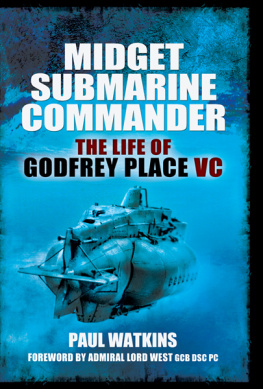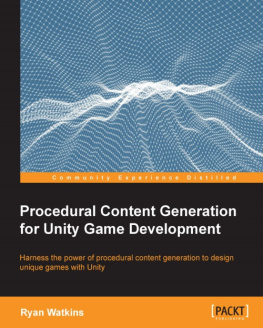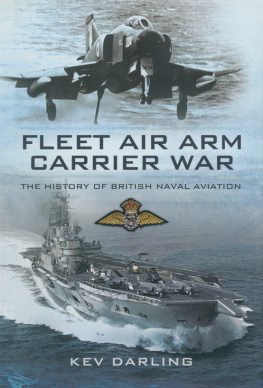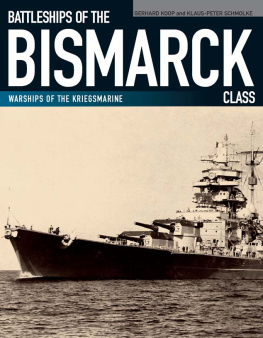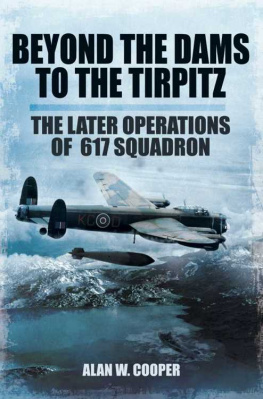First published in Great Britain in 2012 by
Pen & Sword Military
an imprint of
Pen & Sword Books Ltd
47 Church Street
Barnsley
South Yorkshire
S70 2AS
Copyright Paul Watkins 2012
ISBN 978-1-84884-800-9
PDF ISBN: 9781783461981
EPUB ISBN: 9781783462087
PRC ISBN: 9781783462032
The right of Paul Watkins to be identified as Author of this Work
has been asserted by him in accordance with the Copyright, Designs and
Patents Act 1988.
A CIP catalogue record for this book is available from the
British Library.
All rights reserved. No part of this book may be reproduced or
transmitted in any form or by any means, electronic or mechanical
including photocopying, recording or by any information storage and
retrieval system, without permission from the Publisher in writing.
Typeset in 11pt Ehrhardt by
Mac Style, Beverley, E. Yorkshire
Printed and bound in the UK by CPI Group (UK) Ltd, Croydon,
CRO 4YY
Pen & Sword Books Ltd incorporates the Imprints of Pen & Sword
Aviation, Pen & Sword Family History, Pen & Sword Maritime, Pen &
Sword Military, Pen & Sword Discovery, Wharncliffe Local History,
Wharncliffe True Crime, Wharncliffe Transport, Pen & Sword Select,
Pen & Sword Military Classics, Leo Cooper, The Praetorian Press,
Remember When, Seaforth Publishing and Frontline Publishing.
For a complete list of Pen & Sword titles please contact
PEN & SWORD BOOKS LIMITED
47 Church Street, Barnsley, South Yorkshire, S70 2AS, England
E-mail:
Website: www.pen-and-sword.co.uk
He was a man whose gallant and distinguished service to his country will always be remembered
Contents
Foreword
H iding over the horizon from the coast of Nigeria in case the nascent Biafran War exploded and threatened the lives of British nationals, HMS Albion sweltered, conserving fuel with an enhanced Marine Commando on board. Having sailed unexpectedly, we midshipmen had to take our planned fleet board in the ship rather than ashore in HMS Nelson. I was the senior midshipman of the gunroom and remember with some trepidation entering the Captains cabin for part of that oral examination. The Commanding Officer was Captain B. C. G. Place VC, DSC and in my eyes and those of his men a god. Many years later when I was a Rear Admiral serving as Naval Secretary, I had the sad duty of phoning his widow within 24 hours of his death to ascertain whether she would like the nation to organize and fund a funeral or a memorial service, an honour extended to winners of the VC or GC. So those were my only personal links with this gallant and complex officer. Little did I think that after further passage of time I would be asked to write a foreword to what is, surprisingly, the first biography of him. At that fleet board he said to me, Young man if you take life a little more seriously you could go to the very top. I did, and he was right.
Godfrey Place was the son of a barrister who was highly decorated serving in the army in the First World War, winning a DSO and MC. He became a member of the colonial service, and Godfreys early years were similar to those of so many children of that period whose fathers ran the Empire. He joined Dartmouth and then very quickly the submarine service. With the coming of war he was soon in the thick of things and won a DSC assisting in sinking an Italian submarine when serving in HMS Unbeaten. Volunteering for hazardous duty, he became the only long-service officer serving in the X-craft or midget submarine force. He won his VC for the remarkable attack on the Tirpitz and became a German prisoner of war. In POW camp he was involved in the Albert RN escape plans. But on return to the UK after the war, a rather insensitive appointer told him he had to go to a submarine backwater in view of all he had missed as a prisoner of war. He turned his back on the submarine service and threw himself into flying, seeing action in the Korean War as a member of the Fleet Air Arm. He was the only officer I ever met who was entitled to Pilots wings and, in modern parlance, the submariners dolphins.
Place could at times be headstrong and suffered no self doubt, invariably assuming that what he thought was correct, that he was right and others wrong. He was very harsh on those who did not live up to what he expected of them, and particularly if they let him down. On retirement, amongst many other roles, he became Chairman of the VC and GC Association and showed the kinder and compassionate side of his nature in becoming a friend to all the members.
Paul Watkins has produced a long overdue book which will be of interest both to those who wonder about what makes a man a hero, and to historians who can sift the large amount of detail about the less well known episodes of Places naval career.
Admiral The Rt Hon. The Lord West of Spithead GCB, DSC, PC
First Sea Lord 20022006
Preface
I n the early months of 1966 England was preparing to host the World Cup, and there was much speculation as to whether the host nation would be able to win the Jules Rimet trophy. As a young boy, still at primary school, I was always keen to follow the news, including football, by reading my fathers copy of the Daily Telegraph. It was in February 1966 that I read about Captain Godfrey Place, VC, who had recently assumed command of the commando carrier HMS Albion in the Far East. His picture appeared in the paper, along with a very short summary of his career in the Royal Navy. Over the following years I have pursued an interest in both naval history and the Victoria Cross, and have been fortunate to read many of the excellent biographies written about men who have been awarded the countrys highest award for gallantry.
Almost forty years after seeing the picture of Godfrey Place I decided that, with a little more time on my hands, I should read his biography; I was aware that he had died in 1994 and was certain that someone would have written his biography in the intervening years. I was wrong. I started to research his naval career and was immediately struck by the extent of his service in the Royal Navy. Not only had he been awarded the Victoria Cross for his part in the midget submarine attack on the German battleship Tirpitz, an operation described by Winston Churchill as an audacious and heroic attack, but he had learnt to fly and became a Fleet Air Arm pilot, flying from the aircraft carrier HMS Glory in the Korean War. But there was more: he had been a prisoner of war, and his early service in the Second World War involved appointments to both HMS Newcastle and to submarines based at Malta. Later in his career there were few, if any, conflict areas around the world where Godfrey Place did not serve his nation.
At the time of his retirement in 1970 Godfrey Place was the only serving member of the Royal Navy holding the Victoria Cross; since that day in April 1970 no one else has held it. His devotion to duty did not stop at retirement and led him to serve as Chairman of the Victoria Cross and George Cross Association for over twenty years, during which time he was very much the spokesman for the most exclusive club in the world.
But what of the man himself ? I have tried to learn and understand more about him: his upbringing, the tragedies that affected his family whilst he was still young and his response to them. And what of his background? Was he from a family with a strong naval tradition? For a man who saw so many friends and colleagues die in the Second World War, why was he always in the thick of it over the ensuing twenty-five years. And although he reached flag rank in the Royal Navy, why did he not reach the highest positions in the service, as had been predicted by at least one of his Commanding Officers?
In writing this book, I have tried to answer some of these questions. Wherever possible, I have tried to tell the story of his life using his own words; I have made use of accounts published in books as well as a sound recording that he made for the Imperial War Museum in 1988. However, I have also been privileged to have been able to explore a significant archive of unpublished material, courtesy of Godfrey Places family, who have allowed me unfettered access to this, and to whom I am exceptionally grateful.
Next page
